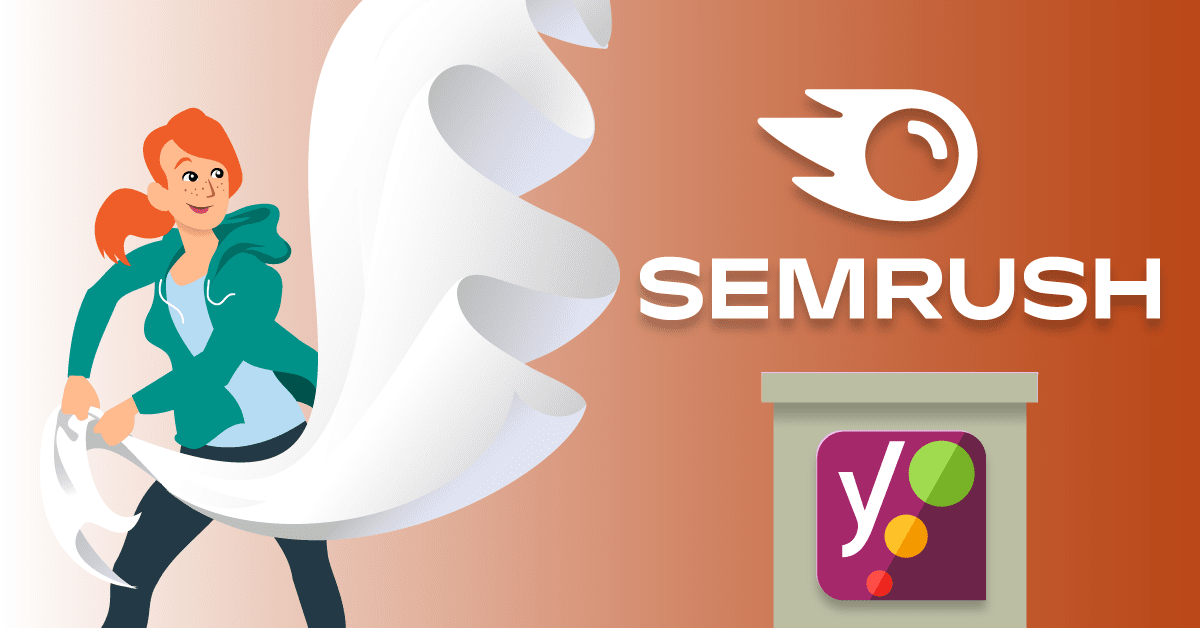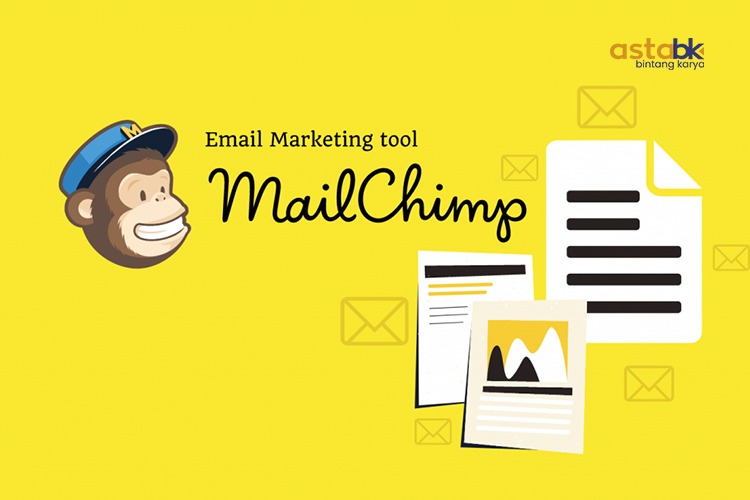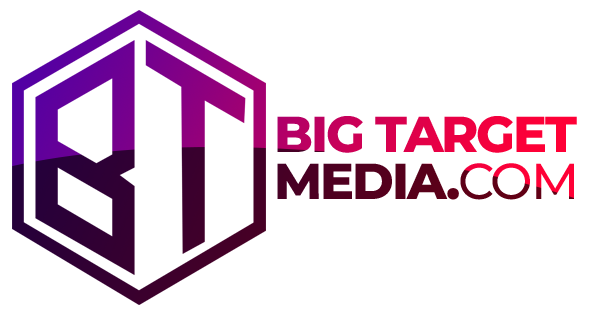The digital landscape continues to evolve rapidly, and for small businesses in 2025, staying ahead means adapting to smarter, data-driven marketing methods. Whether you’re running an e-commerce store, a local service, or a B2B brand, choosing the right digital marketing strategy can mean the difference between slow growth and rapid expansion.
In this comprehensive guide, you’ll learn the most effective digital marketing strategies for small businesses in 2025, discover real-world tools that empower your campaigns, and see exactly how these platforms can help solve real business problems.
Understanding Digital Marketing Strategies in 2025
Digital marketing strategies in 2025 go beyond traditional social media and email marketing. They now integrate AI-powered automation, data analytics, and personalized content to help businesses build deeper connections with their audiences.
Small businesses, especially, need to prioritize efficiency and ROI. The core strategies that matter most this year include:
-
Search Engine Optimization (SEO)
-
Pay-Per-Click (PPC) Advertising
-
Social Media Marketing
-
Email Marketing Automation
-
Content Marketing and Video Strategies
-
AI-Driven Analytics and CRM Integration
These methods, when combined with the right tools, can transform your brand’s online visibility and lead generation.
Why Digital Marketing Is Essential for Small Businesses
In 2025, the customer journey is more complex than ever. Most users will interact with a brand across multiple touchpoints — Google search, YouTube videos, Instagram posts, and personalized emails. Without a cohesive strategy, small businesses risk being invisible in the digital space.
Key benefits of implementing strong digital marketing strategies include:
-
Improved brand visibility and search ranking
-
Increased conversion rates through targeted campaigns
-
Reduced marketing costs with smarter automation
-
Enhanced customer retention via personalization
The Top 5 Digital Marketing Tools to Implement in 2025
Below are five proven, high-performance digital marketing tools designed for small businesses. Each tool helps solve specific marketing challenges — from generating leads to optimizing campaigns and automating follow-ups.
1. HubSpot Marketing Hub
Product Overview:
HubSpot Marketing Hub is an all-in-one marketing automation platform that allows small businesses to manage content, email, SEO, and lead generation under one dashboard. With its 2025 updates, HubSpot integrates AI for automated workflows and predictive lead scoring.
Benefits:
HubSpot eliminates manual campaign management by allowing users to automate marketing emails, track customer journeys, and analyze engagement metrics in real time. This means you spend less time juggling tools and more time nurturing sales-ready leads.
Use Case:
A local B2B service company can use HubSpot’s CRM integration to track leads from website form submissions, nurture them through email sequences, and convert them with personalized offers.
2. Semrush

Product Overview:
Semrush remains one of the most comprehensive SEO and PPC analytics tools for 2025. It helps small businesses analyze competitors, find profitable keywords, and track content performance.
Benefits:
Using Semrush, you can monitor your website’s keyword rankings, audit your technical SEO health, and identify backlink opportunities — all of which directly impact organic visibility and ad performance.
Use Case:
An e-commerce brand selling eco-friendly products could use Semrush’s Keyword Magic Tool to identify long-tail keywords like “sustainable skincare for sensitive skin,” helping the brand rank higher and attract more targeted buyers.
3. Mailchimp

Product Overview:
Mailchimp is a powerful email marketing and automation tool designed to help small businesses connect with their audiences at scale. In 2025, its AI-driven segmentation and predictive insights make it more efficient than ever.
Benefits:
Mailchimp’s automation workflows allow users to send personalized campaigns based on user behavior, such as website visits or abandoned carts. This approach significantly increases email open and conversion rates.
Use Case:
A boutique store can use Mailchimp to send post-purchase follow-ups and product recommendations automatically, increasing customer retention and repeat purchases.
4. Canva for Business
Product Overview:
Canva for Business helps small businesses design high-quality marketing visuals without the need for a professional graphic designer. Its templates for ads, social posts, and infographics are now AI-generated in 2025.
Benefits:
Canva empowers small teams to produce professional branding materials, boosting content quality and consistency. Its Brand Kit feature ensures your colors, logos, and typography remain uniform across all campaigns.
Use Case:
A digital marketing agency can use Canva to quickly design high-converting Instagram ad creatives and schedule them directly from the platform using Canva’s social media planner.
5. Google Ads
Product Overview:
Google Ads continues to dominate online advertising, and in 2025, it offers smarter bidding strategies powered by AI. Small businesses can target specific demographics, devices, and locations with precision.
Benefits:
Google Ads allows even small budgets to achieve measurable ROI. Its performance tracking lets you see which keywords and ads generate the best results, making it perfect for businesses aiming to scale efficiently.
Use Case:
A local home repair service can use Google Ads’ “Local Services Ads” feature to appear at the top of search results when users type “plumber near me” or “roof repair in [city].”
Where to Buy:
https://ads.google.com
Implementing Digital Marketing Strategies Effectively
Knowing which tools to use is only half the equation. Implementation determines success. To ensure results, follow these practical steps:
-
Define measurable goals: Before launching campaigns, set KPIs like lead conversions, website visits, or sales volume.
-
Segment your audience: Use data analytics and CRM tools to create targeted customer profiles.
-
Automate where possible: Save time by automating repetitive tasks like follow-ups or ad reports.
-
Test and optimize continuously: A/B test your creatives, ad copies, and landing pages to refine what works best.
By following these structured steps, small businesses can maximize ROI and minimize wasted ad spend.
Benefits of Using Modern Digital Marketing Tools
Adopting these modern tools in 2025 brings transformative advantages:
-
Cost Efficiency: Automation tools like HubSpot and Mailchimp reduce manual labor and improve accuracy.
-
Data-Driven Insights: Platforms such as Semrush provide detailed analytics that reveal which strategies deliver the highest returns.
-
Scalable Growth: Cloud-based solutions like Google Ads and Canva allow businesses to scale their marketing with minimal overhead.
-
Customer Personalization: AI-enhanced targeting ensures customers receive content relevant to their preferences and behavior.
Ultimately, these tools help level the playing field — allowing small businesses to compete with larger corporations through smart digital execution.
Real-World Application: Solving Common Small Business Challenges
Low Website Traffic
Solution: Use Semrush to identify high-volume, low-competition keywords and optimize your blog and landing pages for SEO.
Low Conversion Rates
Solution: Implement HubSpot Marketing Hub to track customer journeys and send tailored offers that convert prospects into buyers.
Weak Branding and Visual Identity
Solution: Utilize Canva for Business to create cohesive branding across all digital platforms with minimal effort.
Poor Ad Performance
Solution: Launch smarter, geo-targeted campaigns through Google Ads, and monitor performance in real time.
Ineffective Email Communication
Solution: Automate behavior-based campaigns using Mailchimp to nurture customers and increase lifetime value.
Conclusion
In 2025, small businesses will have more opportunities than ever to compete online — provided they use the right digital marketing strategies. By integrating tools like HubSpot, Semrush, Mailchimp, Canva, and Google Ads, small businesses can automate operations, improve visibility, and convert audiences effectively.
Success comes not just from adopting tools but from implementing strategies that align with your audience’s needs, your brand goals, and measurable KPIs.
Frequently Asked Questions
1. What is the most effective digital marketing strategy for small businesses in 2025?
The best approach combines SEO, PPC advertising, and email automation — using tools like Semrush, Google Ads, and Mailchimp to maximize traffic and conversions.
2. How much should a small business spend on digital marketing?
A general rule is to invest 7–10% of your total revenue into digital marketing, focusing on scalable tools that deliver measurable ROI.
3. Can small businesses compete with large corporations online?
Absolutely. With AI-driven tools like HubSpot and Canva, small businesses can execute professional-grade marketing strategies that rival larger competitors
